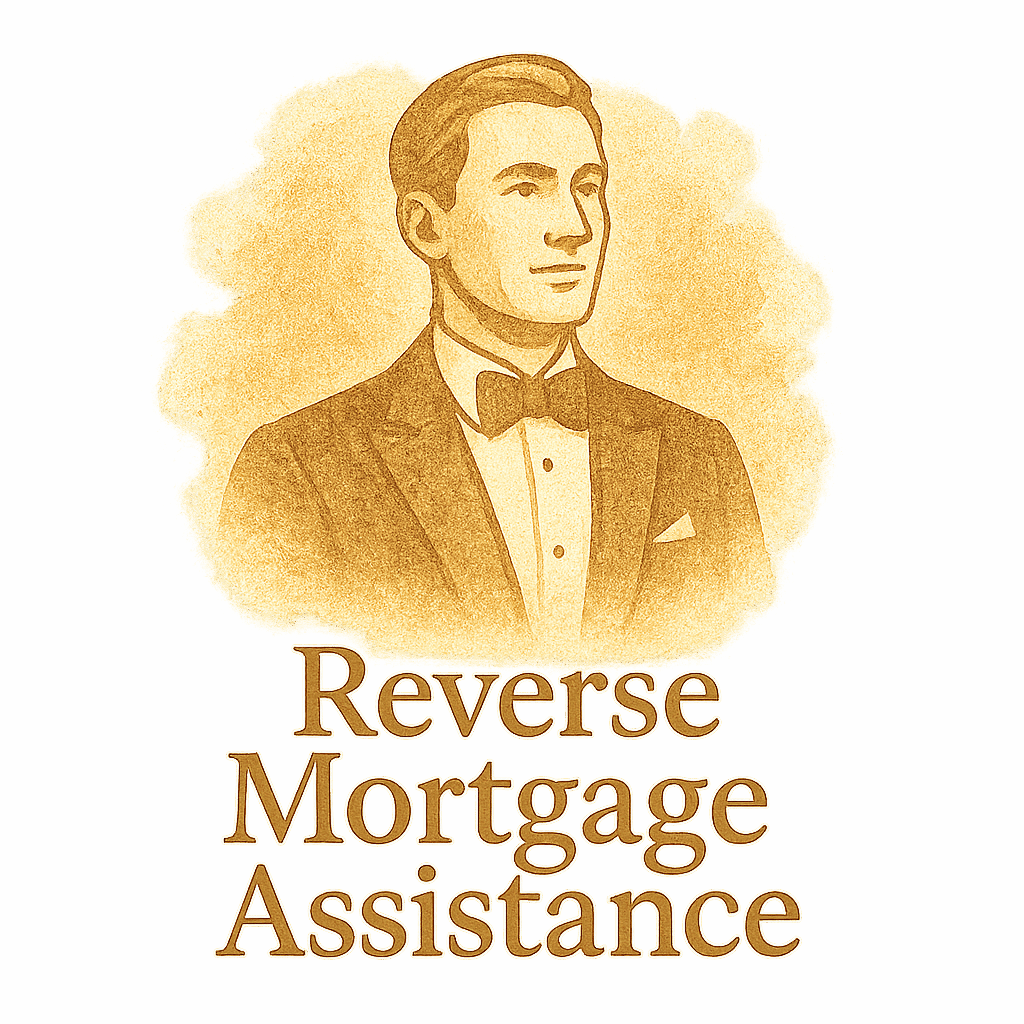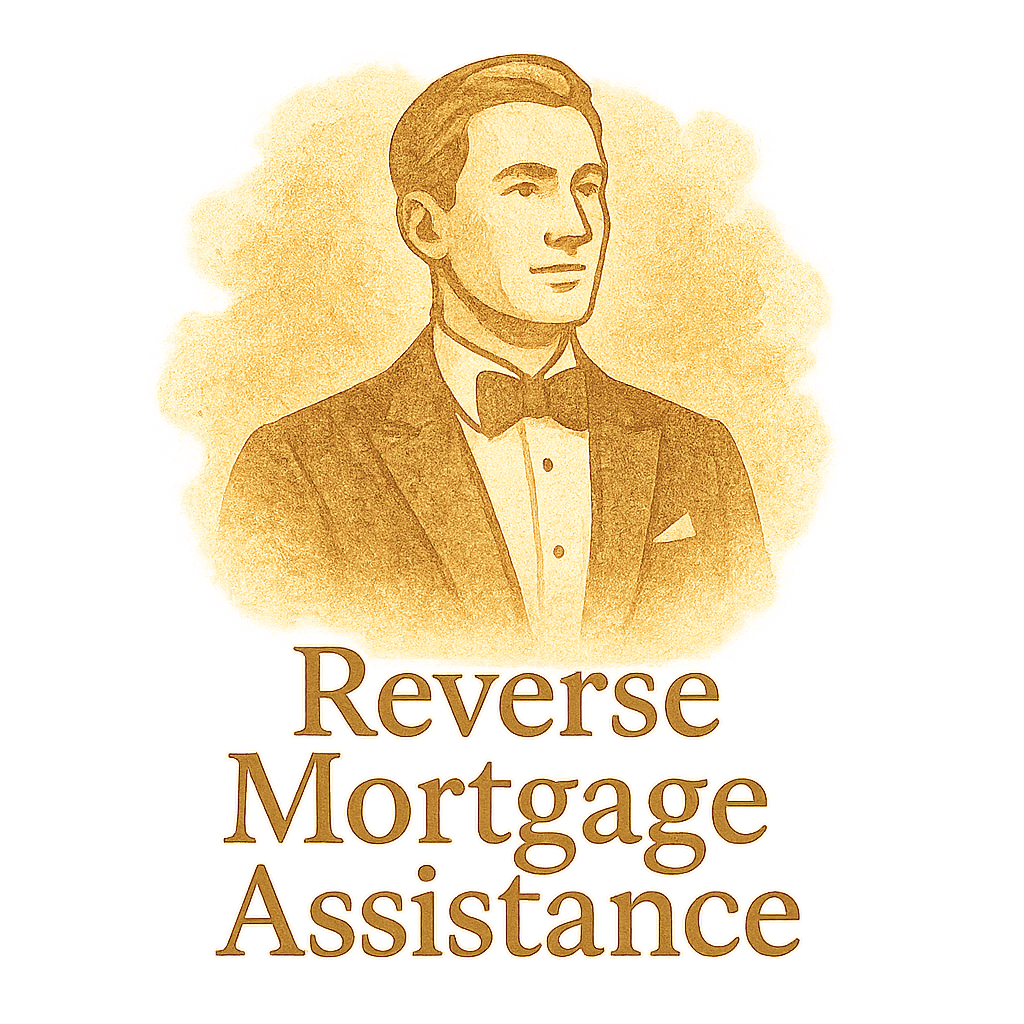Thinking about using your home’s equity in retirement? You’re not alone. For many seniors, a reverse mortgage can feel like a mystery wrapped in financial jargon. But don’t worry—we’re about to unpack everything you need to know with a friendly, straightforward guide.
Let’s dig into 7 key facts about reverse mortgage every senior should know—and by the end, you’ll feel more confident deciding if it’s the right fit for your golden years.
What is a Reverse Mortgage?
Understanding the Basics
A reverse mortgage lets homeowners aged 62 or older convert part of their home’s equity into cash—without having to sell their home or make monthly mortgage payments.
Unlike traditional mortgages where you pay the lender, a reverse mortgage pays you.
👉 Check out our detailed guide on Reverse Mortgage Basics to explore the fundamentals.
Who Qualifies for a Reverse Mortgage?
To qualify, you typically need:
- To be 62 years or older.
- To own your home outright or have significant equity.
- The home must be your primary residence.
- You must attend HUD-approved counseling.
How Does a Reverse Mortgage Work?
Payment Options and Equity Impact
You can receive payments:
- As a lump sum
- Through monthly payments
- Via a line of credit
- Or a combination of the above
But remember—your loan balance grows over time, while your home equity decreases. Learn more through our loan comparison tool to evaluate what suits you best.
Homeownership Responsibilities
You still own the home, so you’re on the hook for:
- Property taxes
- Homeowners insurance
- Maintenance and repairs
Fact #1: You Retain Home Ownership
Yes, really. Many think they lose their home with a reverse mortgage—but that’s a myth. You retain full ownership as long as you:
- Live in the home as your primary residence
- Maintain the home
- Keep up with taxes and insurance
Check out our myths vs truths for more clarification.
Fact #2: You Must Continue Paying Taxes and Insurance
This isn’t free money. Failing to pay taxes or insurance can cause the loan to default. This is one of the most misunderstood aspects of reverse mortgages.
👉 See more under the tag contracts to understand what you’re committing to.
Fact #3: Loan Repayment Happens Later
When Repayment is Due
You don’t have to repay the reverse mortgage right away. It’s typically due when:
- You move out
- You sell the home
- You pass away
What If Heirs Want to Keep the Home?
They can pay off the loan—usually by refinancing—or sell the home and keep the equity. Dive deeper into legal and regulatory details to understand your rights.

Fact #4: Loan Amount Depends on Age, Home Value, and Rates
Older borrowers typically qualify for higher amounts. The key factors include:
- Your age (or the youngest borrower)
- Current interest rates
- Home appraised value
Get insights into how these variables play out by browsing our loan comparison tag.
Fact #5: Reverse Mortgages are Federally Regulated
Legal Safeguards for Borrowers
The U.S. Department of Housing and Urban Development (HUD) provides oversight. So, you’re not signing up for some back-alley loan shark deal.
Avoiding Common Scams
Sadly, scams targeting seniors are real. Work with FHA-approved lenders, and explore legal terms to stay protected.
Fact #6: Counseling is Mandatory
What to Expect During Counseling
You’ll receive objective info about:
- How reverse mortgages work
- Your alternatives
- Potential consequences
This step ensures you make an informed decision. Visit mortgage planning to prepare ahead of time.
Fact #7: It’s Not Free Money – It’s a Loan
Here’s the truth: a reverse mortgage is not a government handout. It’s a loan—with interest and fees—that will eventually be repaid. The loan grows over time, so knowing the long-term impact on your estate is crucial.
This is about preparation, not impulse.
Pros and Cons of Reverse Mortgages
The Good
- No monthly mortgage payments
- Tax-free income
- Flexibility in payouts
- You stay in your home
The Not-So-Good
- Fees and closing costs
- Home equity shrinks over time
- Heirs may inherit less
- Must keep up with home expenses
Planning Ahead for a Reverse Mortgage
Considering Long-Term Goals
Ask yourself:
- Will I stay in this home long-term?
- Do I have alternative income sources?
- What do I want to leave to my heirs?
Comparing Loan Options
Reverse mortgages aren’t the only game in town. Compare your options to ensure you’re making a smart move.
Common Myths and Misconceptions
Myth-Busting the Reverse Mortgage Industry
Let’s debunk a few:
- ❌ “The bank owns your home.”
- ❌ “Your kids will be left with nothing.”
- ❌ “It’s only for desperate seniors.”
None of these are true when handled correctly. Explore real stories and mortgage case studies to separate facts from fiction.
Conclusion
A reverse mortgage can be a powerful tool—but only if you truly understand it. Now that you’ve walked through the key facts, it’s time to reflect on what you want out of your retirement.
Use this info to make an educated choice. Discuss your plans with family, meet with a counselor, and review trusted resources like Reverse Mortgage Assistance. Your future self will thank you.
Explore more insights under these helpful categories:
- Retirement
- Equity
- Reverse Mortgage
- Outcomes
- Seniors
FAQs
1. Is a reverse mortgage safe for seniors?
Yes, especially when working with HUD-approved lenders and undergoing mandatory counseling.
2. Will my kids lose the house?
Not necessarily. They can pay off the loan and keep the home if they choose.
3. Can I outlive my reverse mortgage?
No. As long as you live in the home and meet loan terms, it won’t expire.
4. What happens if I move into assisted living?
If you’re gone for over 12 consecutive months, the loan may become due.
5. Are there alternatives to reverse mortgages?
Yes—like home equity loans or selling the home. Review the loan comparison section.
6. Do I need good credit to get one?
Credit is considered, but it’s not a primary factor like in traditional loans.
7. Can I still leave an inheritance?
Yes—if the home sells for more than the loan balance, the excess goes to your heirs.


